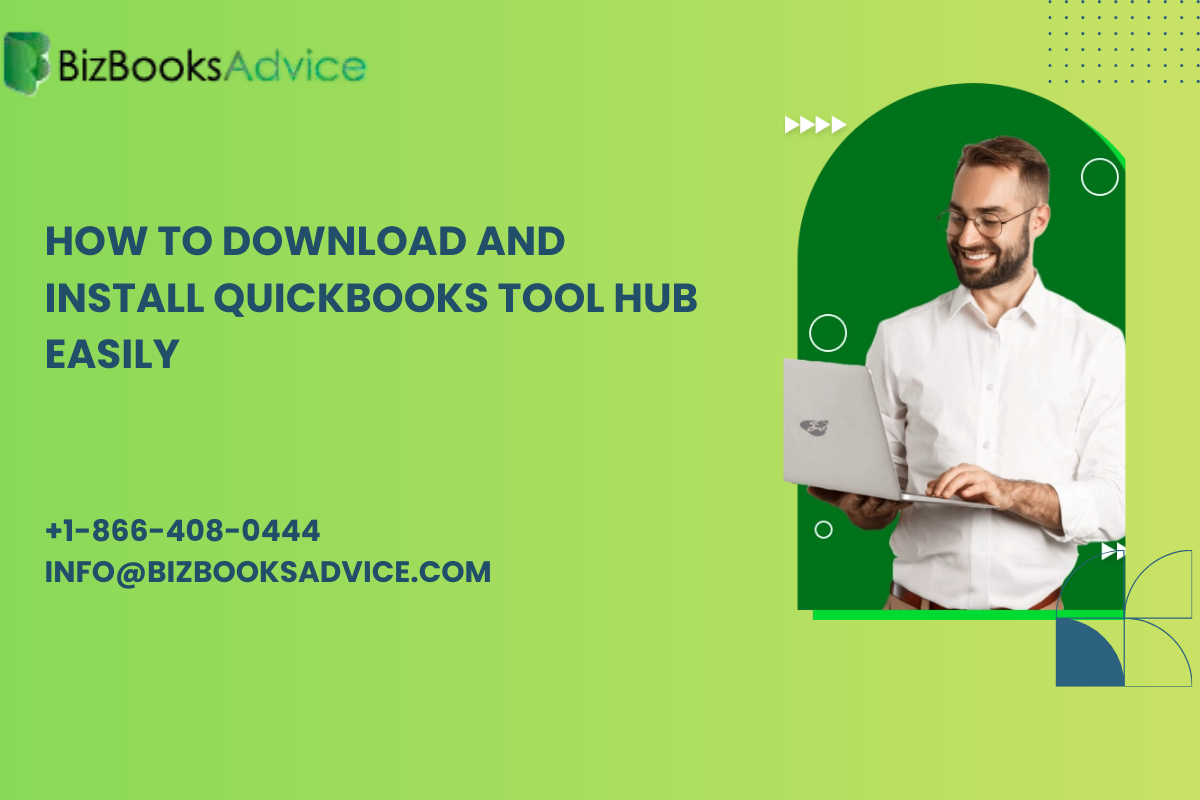
Content Marketing: A beginner's Guide
- Jordan stanley
- Digital Marketing
- 2025-07-30
- 1414K
Content marketing is not about throwing blog posts into the abyss of the internet and wishing people would click on them. It’s about establishing credibility with helpful, quality content that answers questions and helps people — not merely pitches. At Hegemonic Inc, the focus is on creating meaningful content, whether it’s a short how-to, a long read, or even a meme that ends up shared in the group chat.
In an era of limited attention spans and high skepticism, content is the way that brands remain relevant. It’s not about pitching your products, it’s about providing information that makes your readers smarter, happier, or more confident.
Whether you are freelancing, starting something new, or managing a brand, the message is consistent: content is still the way to appear, build trust, and remain top-of-mind.
What Is Content Marketing?
Content marketing is a rather self-explanatory concept: the process of generating and distributing practical content, such as blogs, videos, podcasts, social media posts, and newsletters, that assist people and, accordingly, foster credibility and draw them a little bit closer to your business. However, without the support of a reliable SEO company, even high-quality content can get buried online instead of reaching the audience it’s meant for.
It is not about screaming more than the others. It will be to become the brand that people go to when they have a question or a problem or even a spare moment. And yea, it works. It is reported that content-oriented businesses produce over 3x the leads than those that do not.
Whether you are a freelancer, a small business owner, or just starting, this is not about learning to do SEO in a night. It’s calling up to appear, talk human, and create stuff that works. The Types of Content That Work
The Type of Content That Works
You might have heard the word content being tossed around as some sort of internet wizardry. It is not that deep, though. It all comes down to one thing: content is communication. Things you create to assist people, elaborate on something, or prove that you are competent in what you are doing. That’s it.
And in every form, it comes:
- An FAQ post (that is, a post addressing a frequently asked question).
- A carousel with rapid-fire tips on Instagram.
- A brief video in which you tell something in plain English.
- An email, which is sent out weekly and does not cause people to roll their eyes.
- An illustration of how a complex thing works that causes a person to say, “Ohhh, I see now."
You cannot do everything. Start small. Choose one or two formats that are comfortable to you, and, more importantly, ones that your audience listens to. Quality > all-over-at-once disorder.
Why Content Marketing Works
Here’s the truth: when content marketing works, it doesn’t feel like marketing at all.
Good content earns trust. It helps people solve a problem or understand something better. And when you do that consistently, you stop being “just another brand” and start becoming the go-to. The one they think of when they need what you offer.
It also works because people are tired of being sold to. They want to make their own decisions, and content gives them the info they need to do that. It creates space. It builds credibility. It gives them a reason to care. Over time, that turns into real results: more eyes on your work, more people sticking around, and more folks buying what you’re selling not because you pushed, but because they trusted you. So no, it’s not magic. But it is effective if you lead with value, not ego.
How to Start Without Feeling Overwhelmed
Honestly speaking, starting on content marketing may seem like someone telling you to “just build a house” using a hammer, a dream, and no manual. But you need not do it in a lump. Seriously. You do not require a 50-page plan or a content calendar that resembles a war map. Start simple.
Understand who you are addressing and what matters to them. It helps to use the tools that make everything simple: a notes app to collect the ideas, Canva to create the visuals, even a spreadsheet to design the plan. It is possible to get fancy later.
Repurpose everything. A single blog can be transformed into three tweets, an email, and a video script. Make it light. Make it regular. The thing about progress is that it defeats perfection.
What Makes Content Good
Good content does not yell. It does not attempt to be smart. And it certainly does not speak of things like leverage unless you are moving something.
Good content is this:
Clarity: Write the way you speak, only a bit neater.
Consistency: Be present, even when it is ugly. A single superb post per week is better than ten hastily written ones.
Empathy: Have awareness of your reader. What are their requirements? What is it that they want somebody to simply explain already?
Relevance: Ensure that your content is providing answers to questions or solutions to problems and not just increasing the noise.
Personality: Any dry content is forgettable. Make people listen to what you write.
Good content is what causes one to halt the scrolling, nod the head and perhaps even utter the words, this is what I needed at the end of the day.
Conclusion
This does not require a fanciful marketing degree or a 10-person content team to make it work. The essence of content marketing is to appear with something useful, sincere, and somewhat human.
Content marketing is not the stuff of large teams or large budgets. It is for those who want to connect before they sell. It does not require a perfectly grammatically correct text and fancy equipment, but only the ability to speak, a portion of empathy, and the courage to press the publish button.
Start small, choose a format that seems achievable. Aim to be understood, rather than witty. And above all- speak to your audience as if they are humans and not as users in a sales funnel. You will pick it up as you develop. You will make your voice heard. And when you persevere, your content will achieve what great content always achieves: it will build trust, create connection and open doors.
FAQ
Q: How often should I publish content?
That is a matter of objectives and capacity. It is quality over quantity. A single piece of helpful, well-shared material can do better than 5 hurried posts. Consider steadiness, instead of amount.
Q: Do I have to be on all the platforms?
No, the attempt to be everywhere normally stretches you too thin. Choose the platforms on which your audience exists, and not on which you want them to exist, and customize content to those places. It is better to turn up well, than to turn up everywhere.
Q: Is AI assistance for content right for me?
Use it to back up your work process- brainstorming, outlining, and drafts. However, the last word, touch, and tactic should be human. The readers can sense the difference.
Q: What is one thing that I must do this year?
Two things are clear: messaging and smarter distribution. You cannot keep re-inventing your brand every quarter. Then it must simply be ensuring that your content is communicating with the correct individuals and connecting with them in the right places.
Leave a Reply
Please login to post a comment.












0 Comments